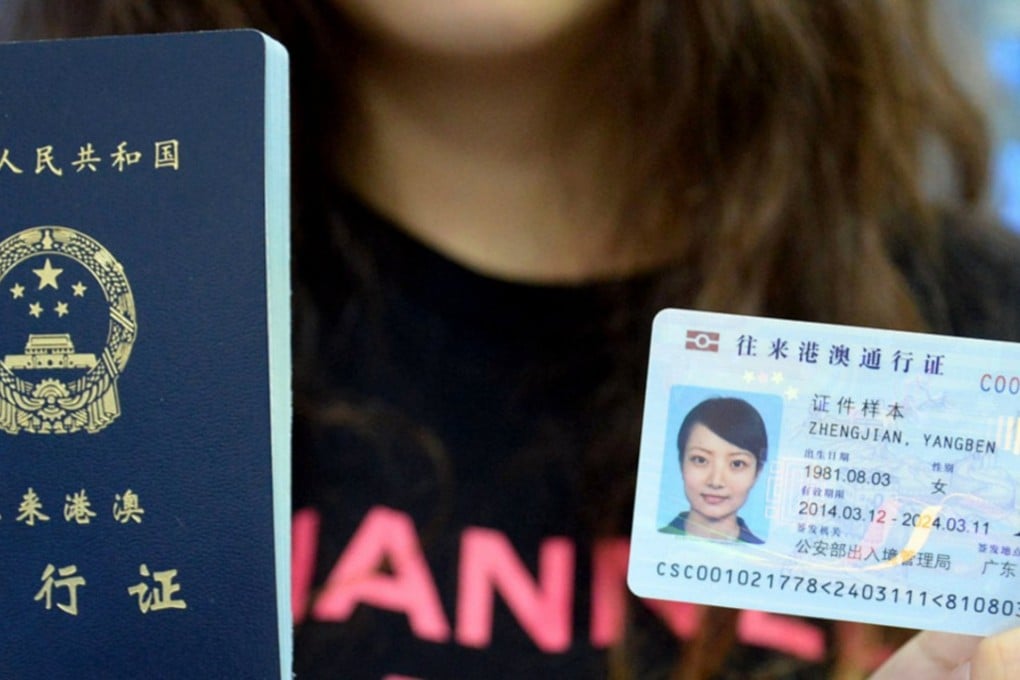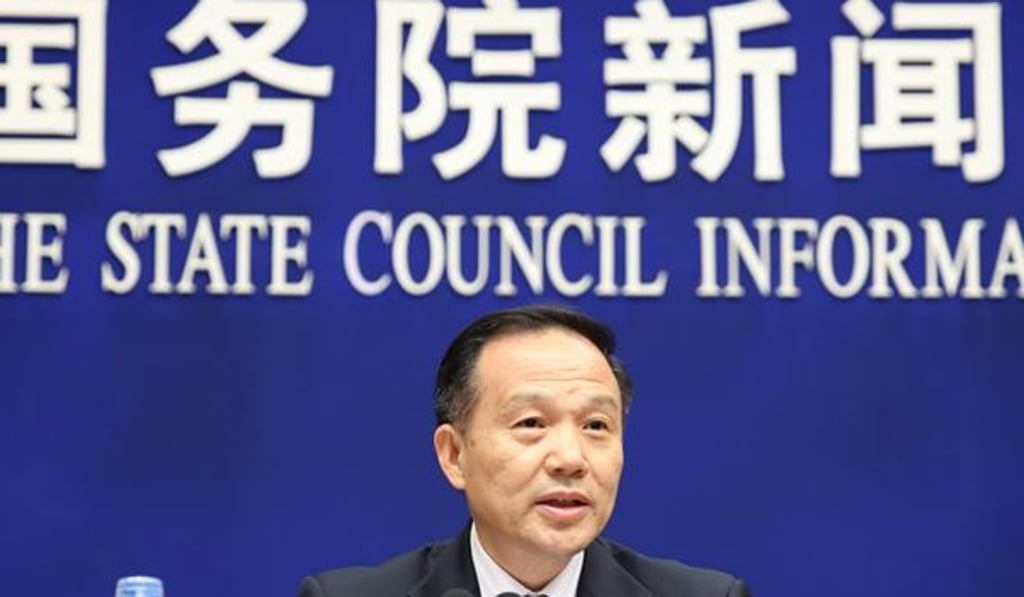New ID card will give Hong Kong, Macau and Taiwan residents same access to public services as mainland Chinese counterparts
Policy will apply to more than 500,000 city residents living and studying across the border says Chief Executive Carrie Lam, with access to employment rights and social insurance among new benefits

More than half a million Hongkongers working and living in mainland China will now get identity cards granting them access to a wide range of social and public services across the border, including school places for children and a housing scheme.
Beijing on Thursday announced that residents from the city, Macau and Taiwan, could start applying for the new smart cards from September 1 to enjoy the same rights as their mainland Chinese counterparts in accessing 18 types of schemes and services.
“The [aim] is to make Hong Kong, Macau and Taiwan residents able to enjoy public services and facilities in ways basically the same as mainland residents in their places of abode,” said Shi Jun, vice-minister of public security.

The announcement was hailed as a “breakthrough” by Hong Kong’s leader, Carrie Lam Cheng Yuet-ngor, as she wrapped up a two-day visit to Beijing, where she was part of a working group planning the next steps for the “Greater Bay Area” project, China’s ambitious economic integration scheme to build a financial and economic powerhouse to rival Silicon Valley.
“As far as the Hong Kong government knows, there are 520,000 Hongkongers living in Guangdong province, and more than 15,000 Hong Kong students in universities across the mainland,” Lam said.